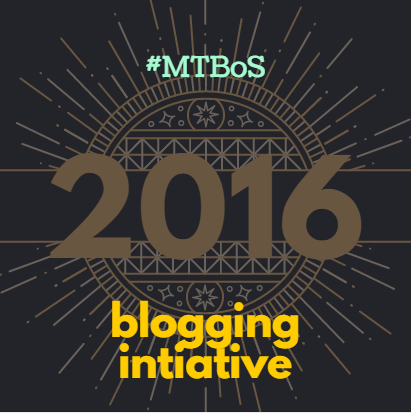About Me

Hi there, I'm Amy! A high school math teacher, poet, crafter, athlete, and mom. This blog features both math and teaching strategies, as well as some of my favorite recipes and everyday triumphs and struggles. Thanks for stopping by, feel free to share on Twitter, Facebook, or email me if you have any questions!
Followers
Popular Posts
-
3 hours ago
-
-
3 months ago
-
4 months ago
-
-
7 months ago
-
1 year ago
-
-
2 years ago
-
2 years ago
-
-
5 years ago
-
5 years ago
-
5 years ago
-
-
5 years ago
-
-
6 years ago
-
6 years ago
-
7 years ago
-
-
7 years ago
-
7 years ago
-
-
8 years ago
-
-
9 years ago
-
9 years ago
-
-
10 years ago
-
10 years ago
-
10 years ago
-
11 years ago
-
11 years ago
-
-
12 years ago
-
13 years ago
-
13 years ago
-
-
-
Blog Archive
-
▼
2013
(
44
)
-
▼
January
(
7
)
- Happy Inauguration Day and A Properties of Exponen...
- Educreations Helps When I Erase Too Fast!
- More Responses to Teaching Algebra and Being Human
- Subject Level Groups Have it Going On!
- A Ted Talk and some Random Thoughts
- He likes me! He Really likes me!
- Can You Teach Algebra and Still Be a Good Human?
-
▼
January
(
7
)






















I am a new Math Intiative blogger. (But gosh no, not a new teacher, oy). I appreciate your commitment to stretching and finding the best way to do most everything.
Please forgive my “old schoolness,” in contributing a project. I have tons of enthusiasm for curriculum, sometimes I don’t have the most current methods of delivering/retrieving them. Here goes:
After ride-sharing with the Environment and Sustainability teacher in our High School’s 11-12 core, the WISE Academy, (Windsor Institute of Sustainability and the Environment) we had a lot of time to talk shop. Between the two of us, we came up this project for teaching Scientific Notation, Unit Analysis, and an introduction to Exponents: (Algebra 1 or 1A)
Exponents, the Environment, and Consumerism in the USA
Students watch: http://www.storyofstuff.org/movies-all/story-of-bottled-water/
Students work alone, in pairs or triads to come up with a question of their own. They must research the answer for the town of Windsor, and expand it to the United States.
It must contain a visual…all the unit analysis…commentary…etc…(forgive me for not having any pictures at the moment, I am still on vacation (hello Lake Tahoe!)
Here is an example: One of my Algebra 1A students used deodorant sticks. If each person went through three sticks a year, and if each stick were 3 inches in height, he figured end to end they would cover the distance from Windsor High School to the Statue of Liberty.
Okay, so it wasn’t EXACT science, yet it did get the two ideas across I was trying to make: We need big numbers (or really small), we need unit analysis, and we need to be aware of how what we use effects the Earth.
Here is his response:
Forgive shmorgive! You are awesome. Thanks for this idea. I love that your project emphasized the “big picture” ideas (unit analysis, big numbers, sustainability). I often feel trapped in these minutae and you’re reminding me that projects allow us to get to bigger picture things. At the expense of time and other parts of the curriculum. But these bigger picture things are important and I often skip them because they are hard to do.